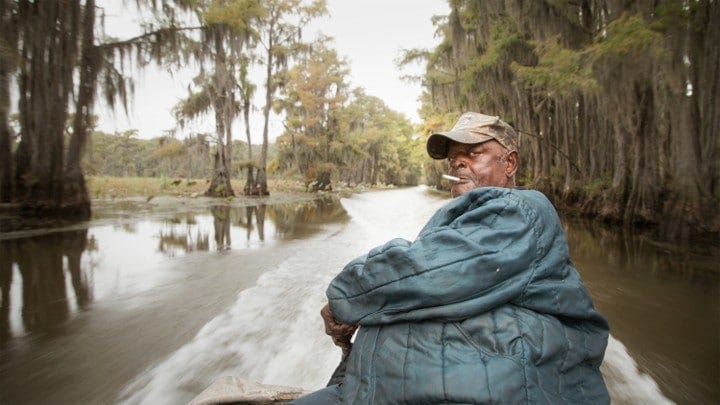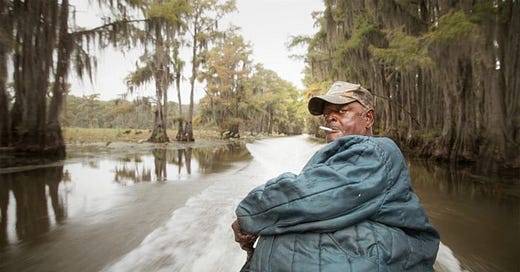‘Uncertain’ Finds the Heart of East Texas in Its Troubled Waters

Uncertain, Texas is a town on the edge. It’s quite literally on a border, the one shared by Texas and Louisiana. It’s on the edge of a fragile body of water, Lake Caddo. It’s on the fringe of society, hard to find on a map and inhabited by only 94 people. And it is also on the brink of extinction. The whole economy of the town is built around the lake, …
Keep reading with a 7-day free trial
Subscribe to Nonfics to keep reading this post and get 7 days of free access to the full post archives.



